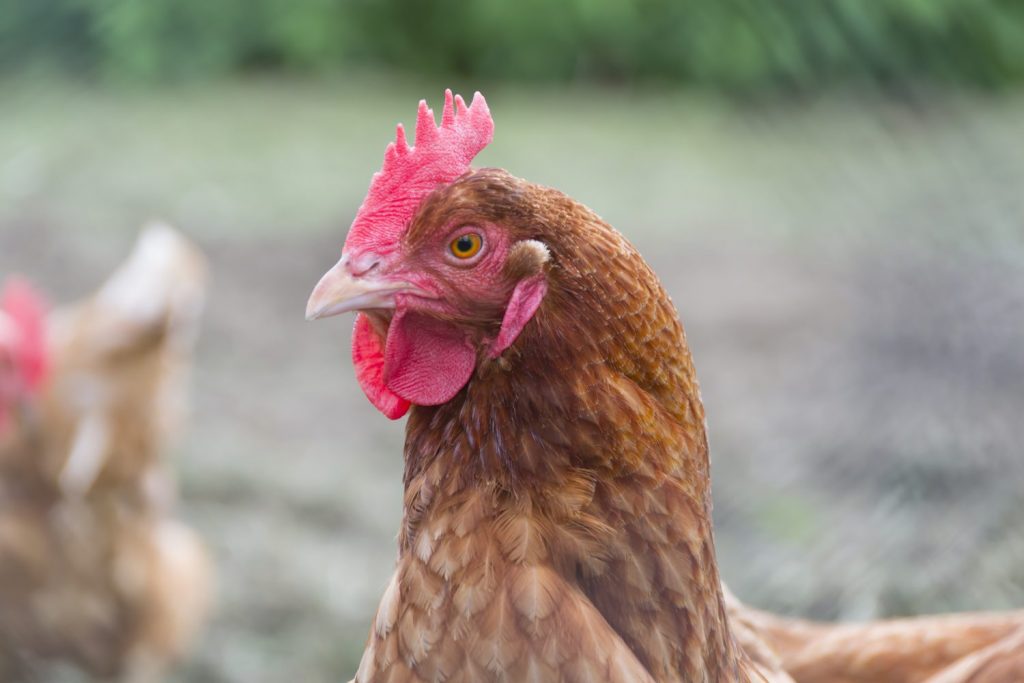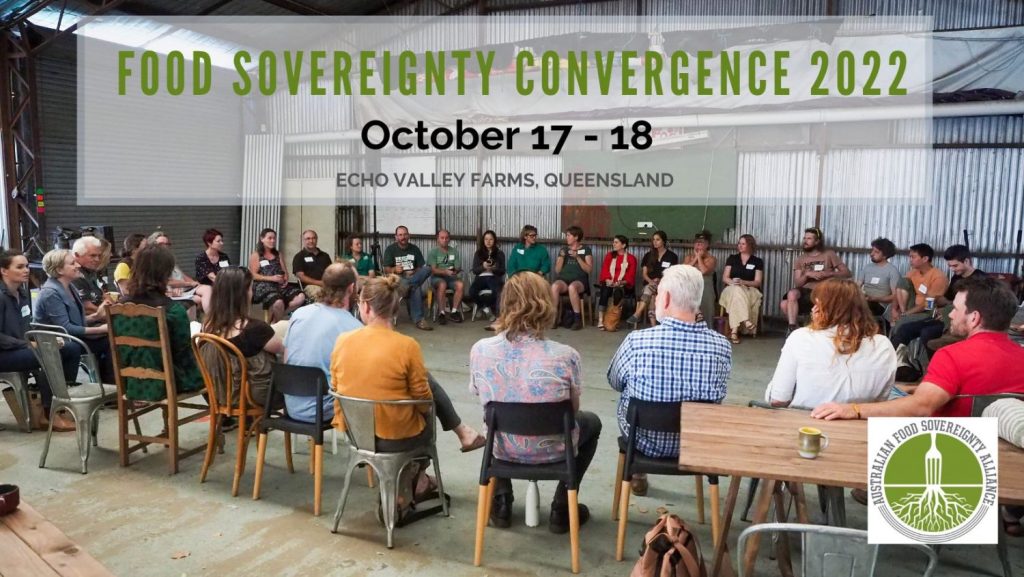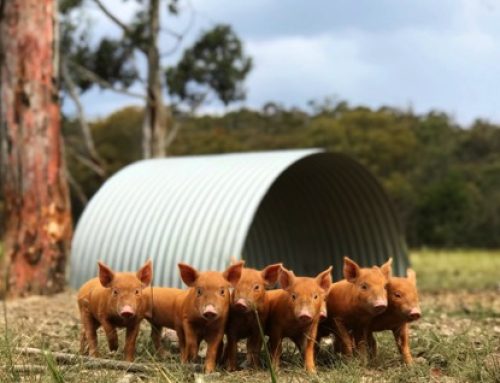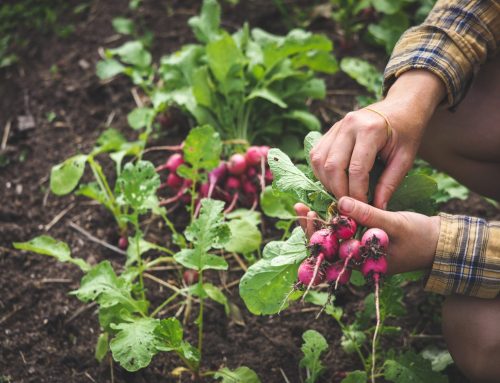05 September 2022
The Australian Food Sovereignty Alliance (AFSA) is calling for a Senate Inquiry into intensive livestock production, following missed opportunities to provide better welfare outcomes under new Australian Animal Welfare Standards and Guidelines for Poultry. AFSA has previously flagged climate change and intensive livestock as key causes of concern in the outbreak of Japanese encephalitis virus (JEV) earlier this year, and with the current outbreak of foot-and-mouth (FMD) disease in Bali, believes it’s time to for the Australian Government to acknowledge the risks associated with industrial agriculture to climate, farmers, livestock, and public health.
The new Australian Animal Welfare Standards and Guidelines, released by the Federal Government Department of Agriculture, Forestry and Fisheries (DAFF), demonstrate marked improvements for indoor poultry welfare, as well as changes to limit confusion between enforceable standards and recommended guidelines. However, AFSA is deeply concerned with misleading claims circulated by the media, industry and government that these changes signal the end of caged poultry and eggs, where large numbers of poultry and other livestock kept in confined spaces increase the risk of zoonotic diseases.
“The revised Australian Animal Welfare Standards and Guidelines for Poultry do not signal the end of caged poultry and eggs as many are claiming, rather they set out an improvement to the minimum space and furnishings required for caged laying chickens,” says AFSA National Committee member and pastured poultry farmer, Daniel Cordner.
“Conventional caged birds are being phased out, but not to the extent that we will only have barn raised and free-range or pasture raised eggs. The DAFF are introducing new definitions around caged chickens, where they are provided with a slightly larger cage and some furnishings,” Cordner continues.
AFSA commends some of the changes to ensure poultry welfare, including guidelines on humanely dispatching birds. However, new requirements for meat and egg producers to provide perchers or platforms for breeders over 7 days of age, as well as access to a scratch area or claw shortening device raises concerns for pastured poultry farmers.
“For small-scale, pastured poultry farmers, some of these requirements are unnecessary due to breeders being kept outdoors, but there appears to be no grounds for exemption outlined in the new standards,” says Cordner.
“This is another example of how Government regulation fails to consider the needs of farmers operating outside industrial-scale agriculture – standards need to consider welfare outcomes for all pastured poultry farmers and breeders, and make necessary adjustments to ensure they’re not subject to further regulatory burdens,” Cordner concludes.
As the new Australian Animal Welfare Standards and Guidelines are introduced, AFSA urges its farmer members to ensure they stay up to date with changes.
“AFSA members should take note of new requirements for risk management of extreme weather, natural disasters, injury and predation,” says AFSA President, Tammi Jonas.
“As we prepare for a third year of La Niña, meaning more heavy rain and flooding, standards now require that farmers have a plan in place for protecting birds against flooding, fire, disease and parasites. Whether you’re a pastured poultry farmer, backyard keeper or breeder, everyone must have a written contingency plan ready to limit adverse impacts on their welfare,” says Jonas.
“Although AFSA acknowledges the importance of farmers and breeders taking personal responsibility for the welfare of poultry and other livestock, we’re also calling on the Australian Government to launch a Senate Inquiry into intensive livestock production, to investigate how emerging zoonotic diseases pose high risks to animal and human welfare when large numbers of livestock are confined in small spaces,” Jonas concludes.
AFSA notes that while some recommended guidelines for its members are not required at this stage, it is possible that they will become enforceable standards in the future. As such, AFSA has compiled an information sheet on the new Australian Animal Welfare Standards and Guidelines for Poultry, which offers guidance on how changes will impact small-scale poultry farmers and breeders.
It also welcomes any farmer members concerned about changes to animal welfare standards or guidelines to get in touch (admin@afsa.org.au).
-ENDS-
Contact:
Tammi Jonas, AFSA President
m: 0422 429 362
e: president@afsa.org.au
Daniel Cordner, AFSA National Committee Member
m: 0412 008 189






